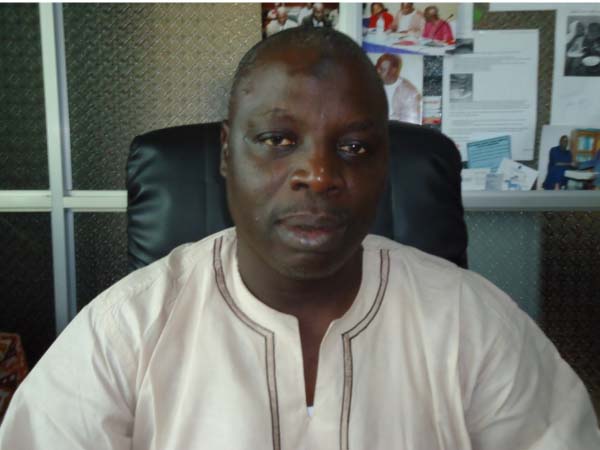
The taskforce since its formation has been meeting on a regular basis, and has opened its tentacles to both the private and public sectors for more collaboration on the prevention of the disease.
In an interview with The Point recently, the director of Health Promotion and Education at the Ministry of Health and Social Welfare in Banjul, Modou Njai, who also chaired the communication and mobilization committee, said their task is to ensure the awareness of people about the virus, and to provide communication materials for wider coverage on the dissemination of information on the prevention of the virus.
He said through the support of ChildFund-The Gambia with the provision of posters and leaflets, this has helped to contribute to the dissemination of information.
“We are partnering with the UNDP for the provision of 14 billboards with two to be erected in each region across the country,” he said, adding that they are working towards having 30 signboards for various major health centres and health facilities.
With regards to border security, Njai said the borders are well secured as health officials are still stationed at the various entrances who are working with the necessary procedures.
Regarding the signs and symptoms, he advised patients who have tested malaria-positive to take proper medication as prescribed.
“If you go to a health centre and tested malaria-positive, you should take the medication as prescribed. If it does not improve your health condition, you should return to the health centre for more treatment,” he pointed out.
“What worries us in most cases is that patients don’t complete taking their medications as prescribed which is not good for the health, and two individuals should not take the same medications which were meant for one person,” he advised.
Njai commended GTTI, WHO and UNDP among others for their support in the dissemination of the information.
He urged health workers and community members not to panic over news about the virus, which could result in chaos.


